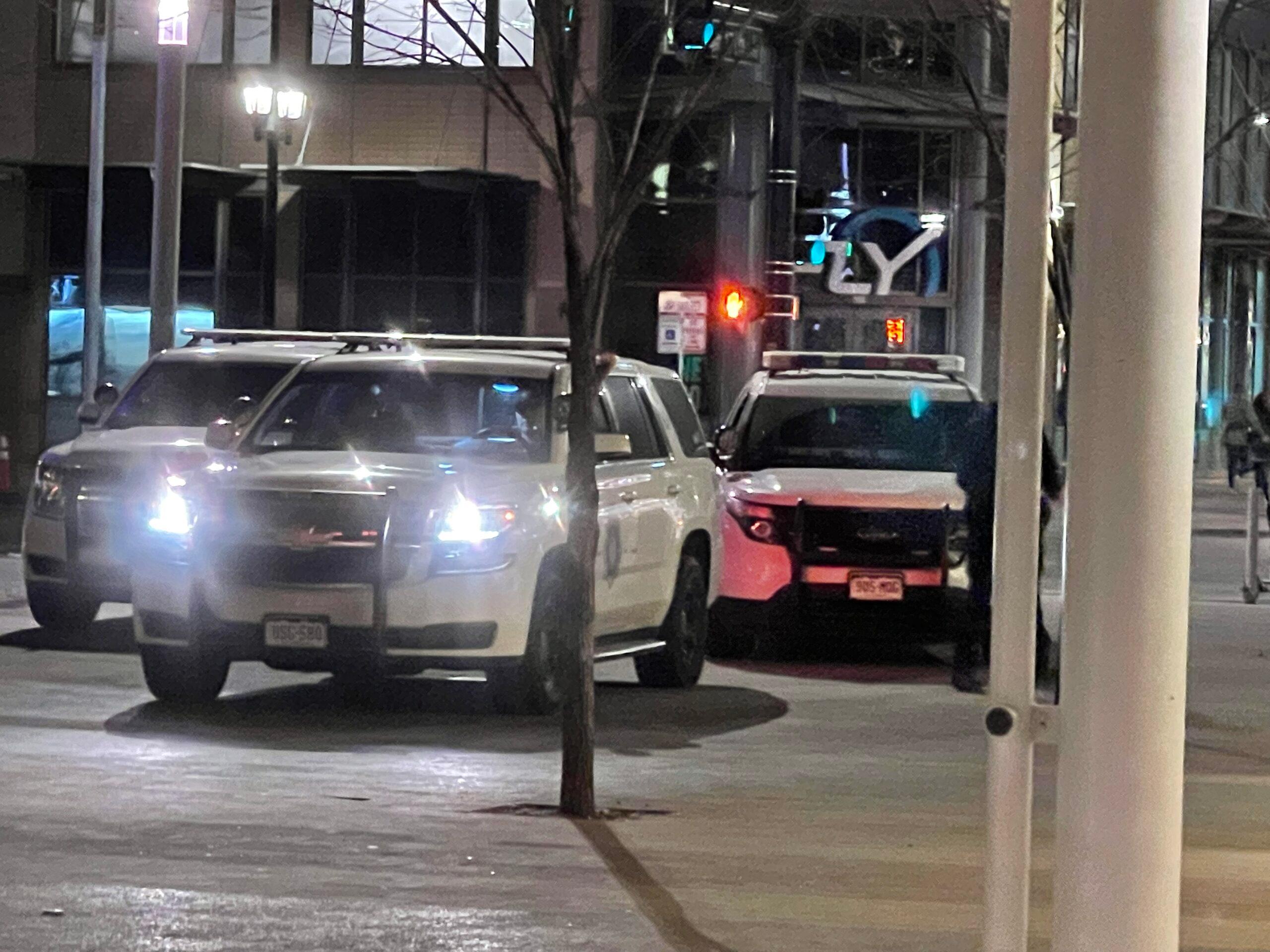Denver police have made 932 arrests in and around Union Station between January 1 and April 30, according to department records Denverite obtained. If those arrest rates continue, the city will have made over 1,000 by the end of May.
The Union Station area, including the Great Hall, the bus concourse and the surrounding neighborhood, is where many unhoused people spend their days and nights, frequently crossing paths with tourists, downtown diners and residents in nearby luxury housing. The latter have waged safety campaigns calling for more police action and more frequent sweeps of camps, and the city has delivered, proudly announcing massive arrest numbers in February and March.
Denver Police Chief Paul Pazen and Mayor Michael Hancock have said the increased arrests are part of a plan to address ongoing concerns about crime, safety and illegal public drug use in the area. Those worries made headlines in late 2021, when Amalgamated Transit Union Local 1001 President Lance Logenbohn, who represents RTD drivers, described the Union Station bus concourse as "a lawless hellhole" and said drivers felt unsafe walking through the space.
In December, we spent 18 hours in the Union Station area, speaking with people from all walks of life about why they were there and whether the space was safe. Many said they were homeless and addicted to opiates, trapped in an endless cat-and-mouse game, as they tried to find places to rest and the police chased them from one camp to the next, from one part of the neighborhood to another.
People staying at Union Station told us they had moved there after the City fenced off Civic Center Park. The bus concourse and the Great Hall provided them places to use the restroom, clean up, charge their phones, and interact with the community.
Then those public amenities were shut down. The outside park was fenced off. Benches were demolished. RTD cut off access to electrical outlets and plans to limit bus concourse to ticketed customers only, as part of an environmental fix. The district even launched a spiffy website with updates about the latest safety enhancements that will cost between $10 million and $15 million and be enacted over the next year and a half.
Though the city has multiple agencies working around Union Station with unhoused people and sweeping encampments, "This is not about housing or homelessness," Hancock said at the end of March, explaining the city's policing strategy. "What we are seeing here is not homelessness. This is about the sale and use of deadly illegal drugs."
Of the arrests in the past four months, 376 were for drug crimes; 317 were for outstanding warrants; and 50 were for trespassing. Others were for various other offenses, including public urination, interference, and more. Thirty were for acts of violence, and two were for murder. In total, 630 people were booked in jail and 302 were ticketed for low-level citations and released on site.
Arrests spiked in February, with 341 people being arrested or cited that month, and have been trailing off since. In March, there were 230 arrests, and in April there were 114.
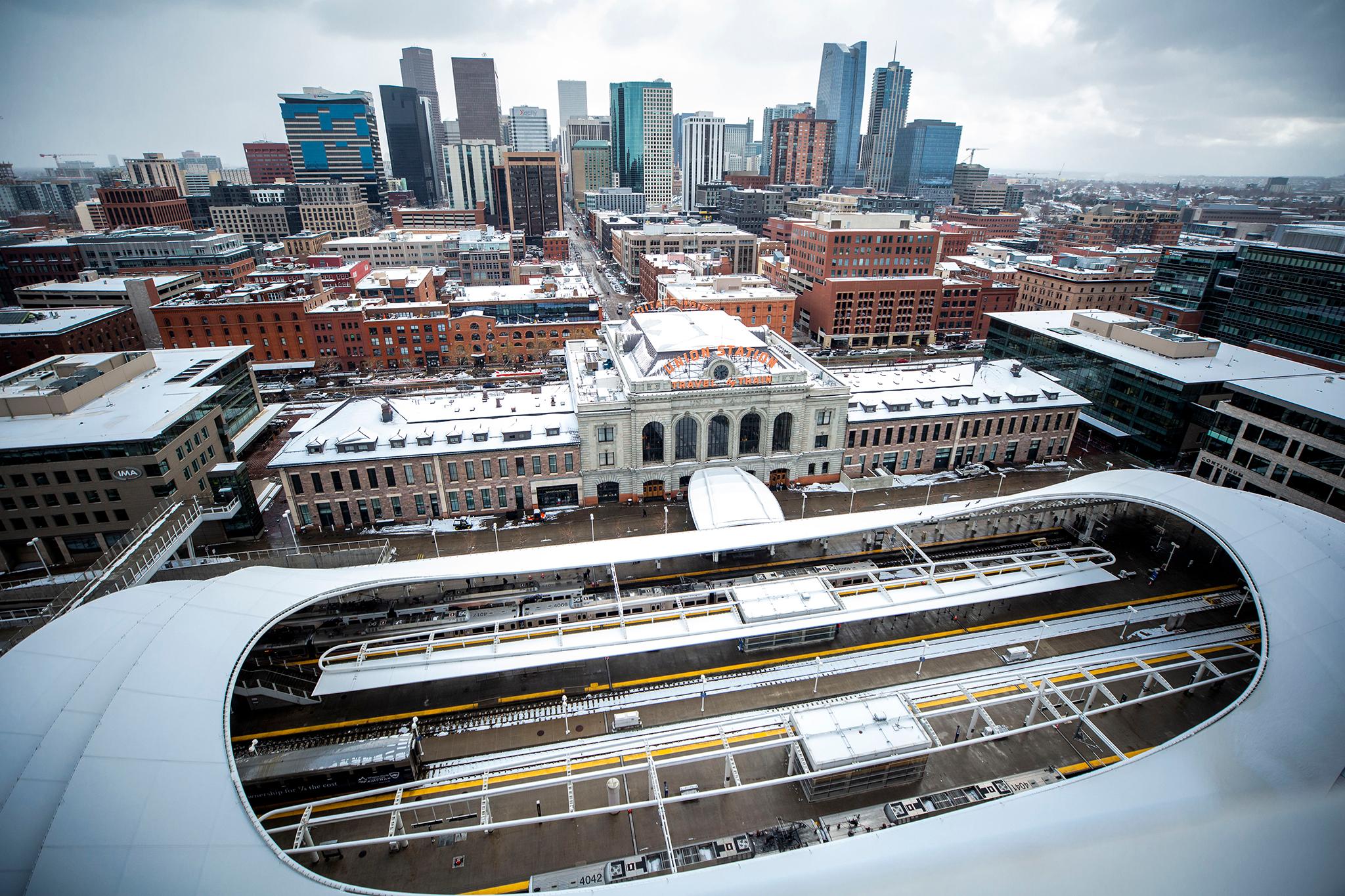
So do arrests help slow the use and sale of illegal drugs?
"Everybody knows it's not effective," said Candice Shelby, a University of Colorado Denver philosophy professor who has written extensively about addiction. She described the glut of arrests as "unconscionable and unhelpful."
Melissa Tacket Gibson, who teaches criminology at the University of Colorado Denver, said that attempting to address drug use -- what she called a public health issue -- through imprisonment is a misuse of the criminal justice system and that arrests don't work.
"All of the empirical evidence shows that jailing users does them no good, often causes severe trauma, because they are going to have to detox in a harsh way," Shelby said. "And some of them die. And some of them just are so traumatized by the very detox, and going into the jail, that the only thing on their mind is medicating as soon as they get out. So the only encouragement is the minute they can make bail, or somebody lets them out, they are seeking self-medication treatment, so they're going straight back."
Not every person arrested goes to jail. At Union Station, a third of the people arrested just received tickets.
"It's a pointless exercise," Shelby said. "It's creating more paperwork for the police department, for the city. It is using police resources for something that is ridiculous. And it's not effective, because if you're a drug addict ... they're not going to pay those tickets. Right? So what you got is police hourly pay, you've got processing of all these tickets, you've got courts, you've got the city, all of these people are involved in this practice...
"They're once again using the least efficient approach available," Shelby said, "and doing something that's not going to change anything."
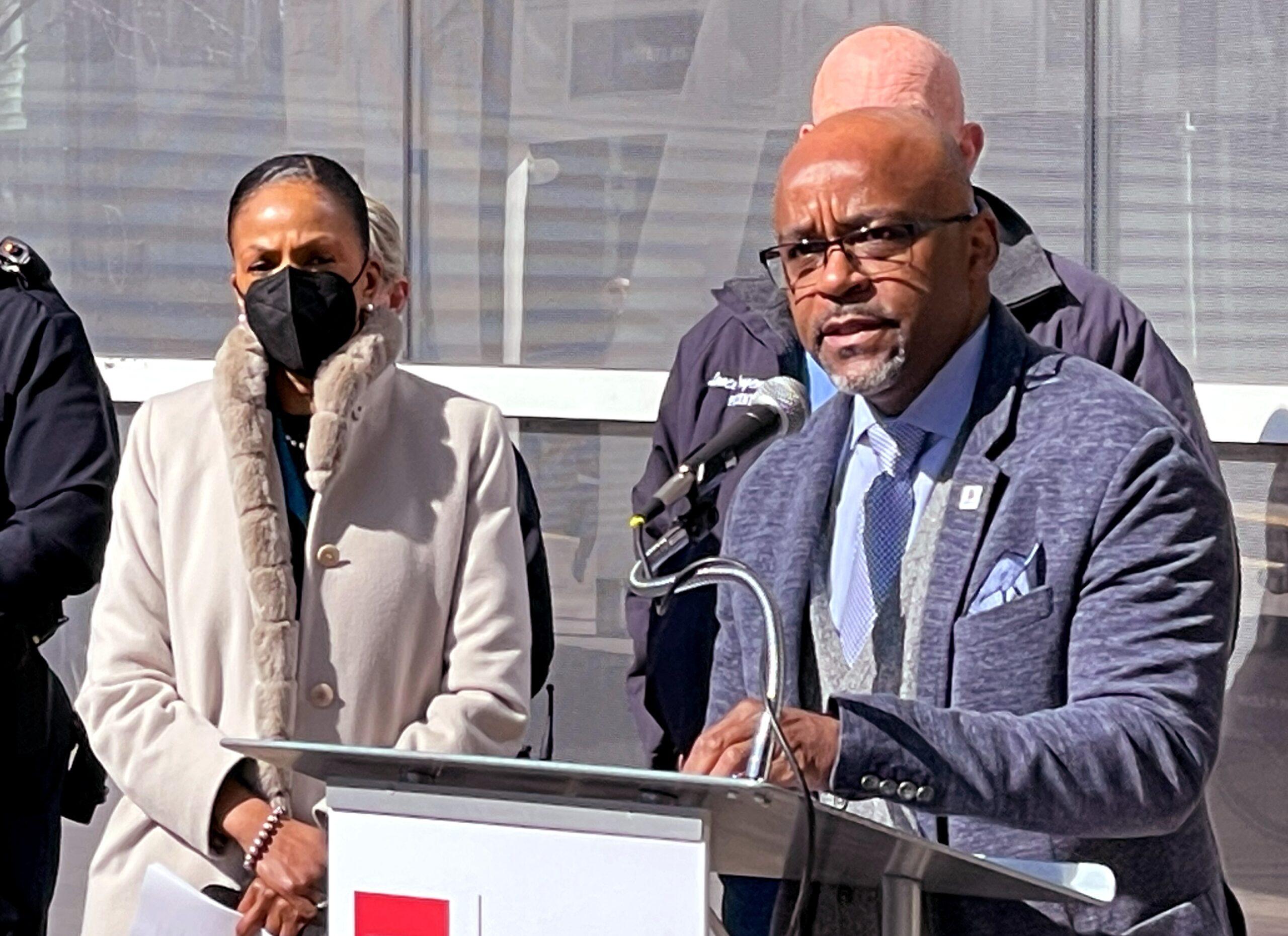
As for Hancock's assertion that the issue at Union Station is about illegal drug use and crime, not about homelessness?
"There's a famous logical fallacy called a false dichotomy," Shelby said. "Yeah, and it's committed right there."
People can be dealing with homelessness and substance use issues, she said. The problem can't be neatly divided into the deserving homeless and the undeserving criminals who happen to not have shelter and need to be arrested.
Marisa Westbrook, a PhD candidate in health and behavioral sciences at the University of Colorado Denver, has researched the criminalization of homelessness in the city and the effects of the urban camping ban on mental health and safety. She's concerned the two identities are too often conflated and that people write off the needs of unhoused people when they assume they are addicted to drugs.
In a paper she co-authored called "Unhealthy by Design: Public Health Consequences of Denver's Criminalization of Homelessness," in collaboration with Denver Homeless Out Loud, she and her fellow researchers surveyed 480 unhoused people about their experiences with how Denver polices urban camping, sitting, lying down and other so-called "quality of life" issues.
"The study finds that 'quality of life' policing is toxically undermining the sleeping patterns, physical safety, and mental health of people experiencing homelessness," the authors wrote. "In contradiction to official claims that anti-homeless laws are a form of 'tough love' meant to help homeless persons improve their lives, we find that such laws harm the quality of life of Denver's most vulnerable residents, and are unhealthy by design."
From Westbrook's perspective, the City's approach to crime at Union Station is akin to the camping ban and other forms of quality-of-life policing.
"It really does seem like the policing strategy is really targeting those who are considered to be loitering," she said. "And so I think that's very similar to other laws that disproportionately target people experiencing homelessness for, you know, what we would consider acts of survival -- things like sitting, sleeping or sheltering."
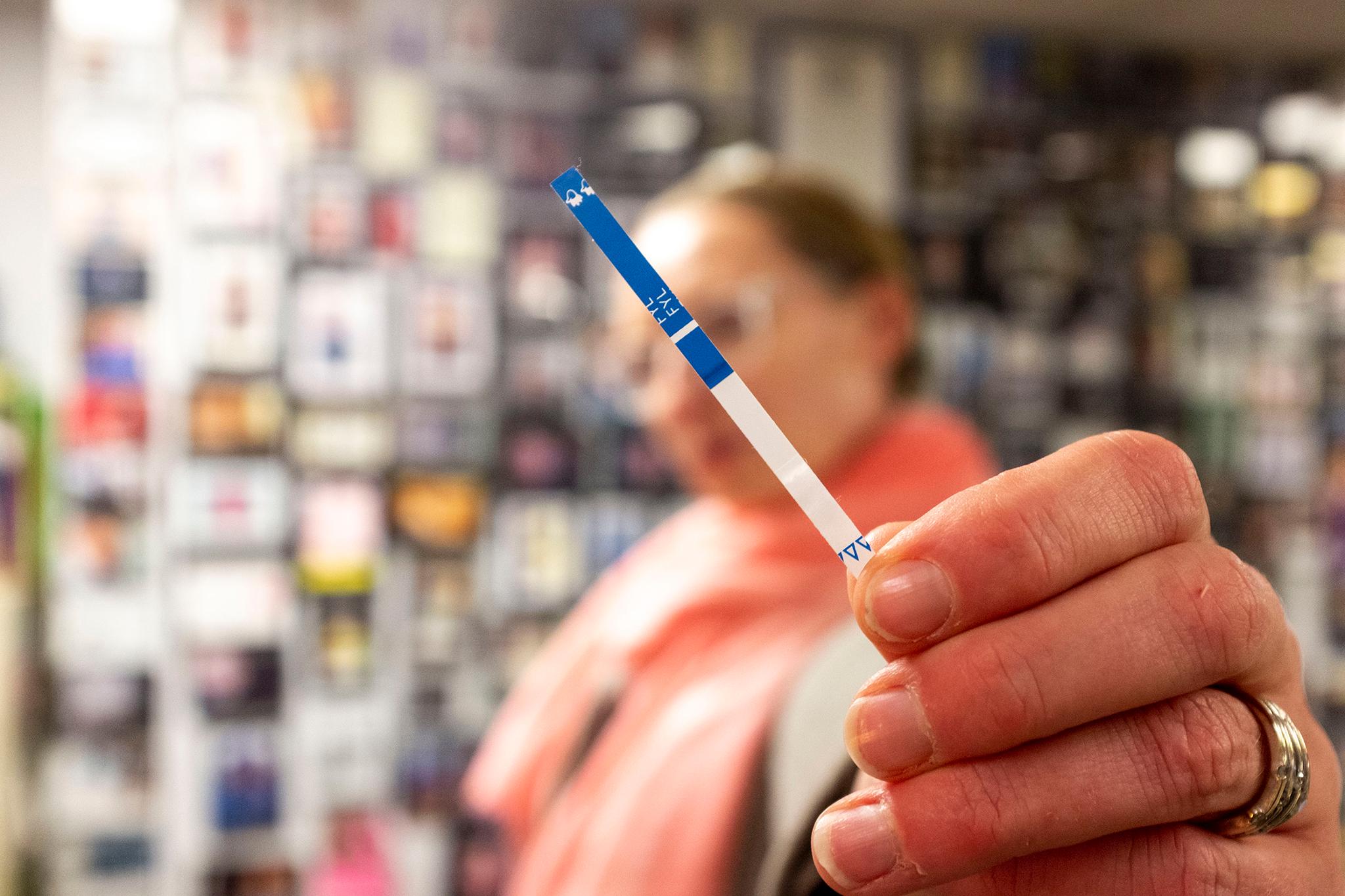
So if arrests don't work, what do these experts say would be an effective public safety and health policy?
A better option would be creating safe-use sites like cities including Philadelphia and New York have, where users can do drugs under medical supervision, said Gibson. Harm reduction centers and more access to drug treatment and mental health counseling would also help keep users from doing drugs in public space while giving them access to relevant services.
While strategies like drug courts can be useful in diverting people from jail to treatment, she said, the treatment systems we have set up in Denver aren't robust enough to handle the demand. Overall, mental health treatment is challenging to access -- especially for people lacking money. Waitlists are months long, even for paying clients with health insurance.
"When people say we lack mental health services in the United States, we really do," she said.
Groups like Harm Reduction Action Center, which offer peer relationships with drug users, often build more respect and trust with users than law enforcement does, said Gibson. The city would do well to build stronger partnerships with those groups and let them help find the fix.
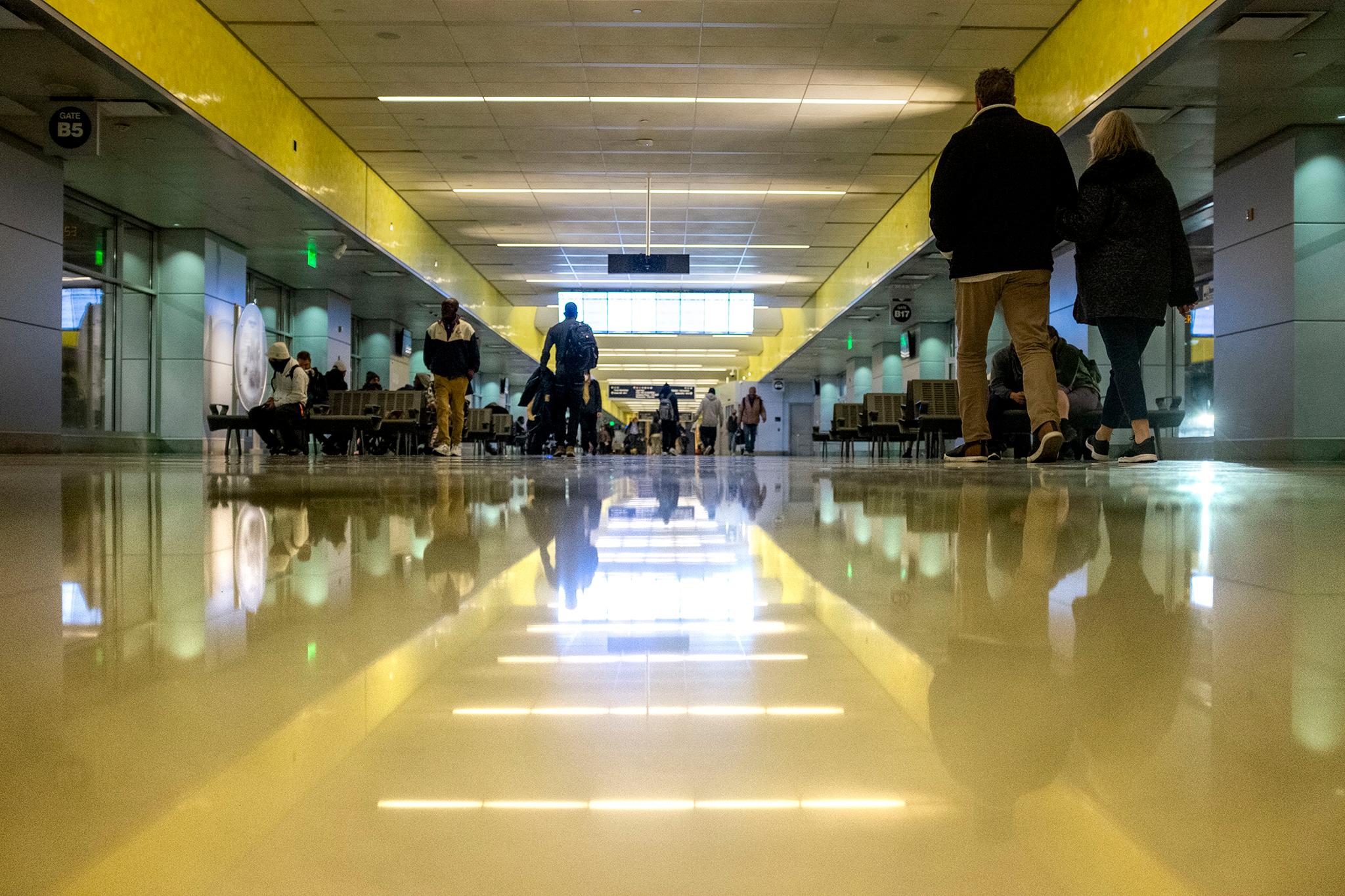
As Shelby sees it, the city needs to build more structures of support for members of our community, including those living in encampments and spending their time at Union Station.
"We need an investment in our social structure in the same way that we need an investment in our roads and all the rest of it -- for all of our good," she said. "Because nobody likes it if they have to feel like they're in danger because walking through any given park, they have to go through a homeless shelter. Nobody wants that. But the only way to do that is to have somewhere for people to be. You can't just deny the existence of people and then run them into the jails and cost everybody money for something that is not in any way going to help their situation or ours."
The Hancock administration points out that the city has beds available in shelters and programs for people who want them, describing those who don't use those resources as "service-resistant."
The available services -- which have no-drugs policies -- aren't appropriate for addicts who are physically dependent on a substance, Shelby said. "What we need to have instead is safe places where there is permission to use."
Westbrook said people are living at Union Station and nearby encampments because they don't have homes -- not to commit crime.
"Denver is one of the least affordable metro areas in the U.S.," she said. "And so, you know, homelessness is not a substance-use issue or a mental health issue. Homelessness has more to do with what housing options exist and how affordable they are."
When people dealing with mental-health or substance-use issues have reliable shelter and relief from the stressors of the street, they are more likely to stabilize their lives and integrate back into society, she said. That's why finding housing for people living on the streets or at Union Station has to be the priority.
"We know that the housing-first model works," Westbrook said. "That's been proven over and over."

